
Top leader Xi Jinping recalled his tough rural years during a visit to an impoverished village on Sunday, in a move analysts said reflects the leadership's will to mingle with the grassroots and to combat poverty.
Xi arrived in Yuangudui village in Dingxi city, Gansu province, perched 2,440 meters above sea level, on Sunday morning.
Xi discussed a number of issues with the villagers and extended New Year's greetings to them.
Chinese New Year falls on Feb 10.
He also met with local Party members and discussed ways to alleviate poverty.
"I was in northern Shaanxi some 40 years ago and life was hard too. ... Now the conditions there have improved," Xinhua News Agency's micro blog quoted Xi as saying.
"The Party and the government will assist you ... with our joint efforts to make life better."
A total of 447 families in Yuangudui received gifts from the Party chief, according to the report. Each family got two bags of flour, two barrels of cooking oil, 10 kilograms of pork, a piece of quilt and snacks. Students received schoolbags, pencil boxes and dictionaries.
Xi also visited a water supply project that is under construction and greenhouses for growing potatoes in Dingxi.
Also on Sunday, Vice-Premier Li Keqiang went to a railway station in Baotou in the Inner Mongolia autonomous region to visit migrant workers who were about to return to their hometowns for Spring Festival.
"It's not easy for you to work far away from your homes for a better life. I was a farmer too, so I can understand how hard you work," he was quoted by Xinhua as saying. "I work at the government, which means I work for you."
Li also visited a shantytown, where 900 people share a toilet. He pledged to move residents to better places.
Wu Hui, associate professor of Party building at the Party School of the Communist Party of China Central Committee, said the latest moves by top leaders show that the new generation of Party leaders prioritize the fight against poverty and maintaining closer connections with the people.
"Xi's visit to Gansu, together with his earlier visit to impoverished villages in Hebei in December, signal a message that the country's top leaders care about people's lives as well as their resolve to close the income gap and pull poor people out of poverty," he said.
Wu said a clearer outline might be laid out after the new sessions of the national legislators and political advisers that will be held in March.
In general, the public has high expectations of the new generation of Party and government leaders and they care deeply about leaders' words and actions. "People hope that leaders can address problems that most concern them," Wu said.
The visit to impoverished villages is deeply appreciated by the public, he said.
"To ultimately win people's support, the key is new policies and their implementation and how they will benefit people."
Li Xiaocong, a historian at Peking University, said leaders frequently visiting poverty-stricken areas is to some extent related to their experience of being zhiqing in the 1970s.
Zhiqing, or educated youth, refers to urban youth sent to the countryside for "re-education" by farmers during the "cultural revolution" (1966-76).
Xi was a zhiqing in the Liangjiahe Brigade in Yanchuan county, Shaanxi province, from 1969 to 1975.
Li Keqiang was a zhiqing in the Dongling Brigade in Fengyang county, Anhui province, from 1974 to 1976.
"Such an experience will make them better understand the hardship of farmers and life at the grassroots," Li Xiaocong said.
Xue Chaohua in Lanzhou contributed to this story.
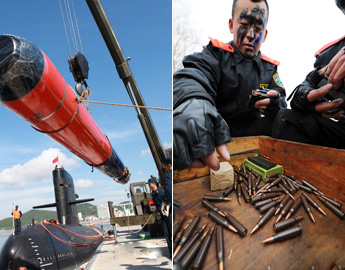
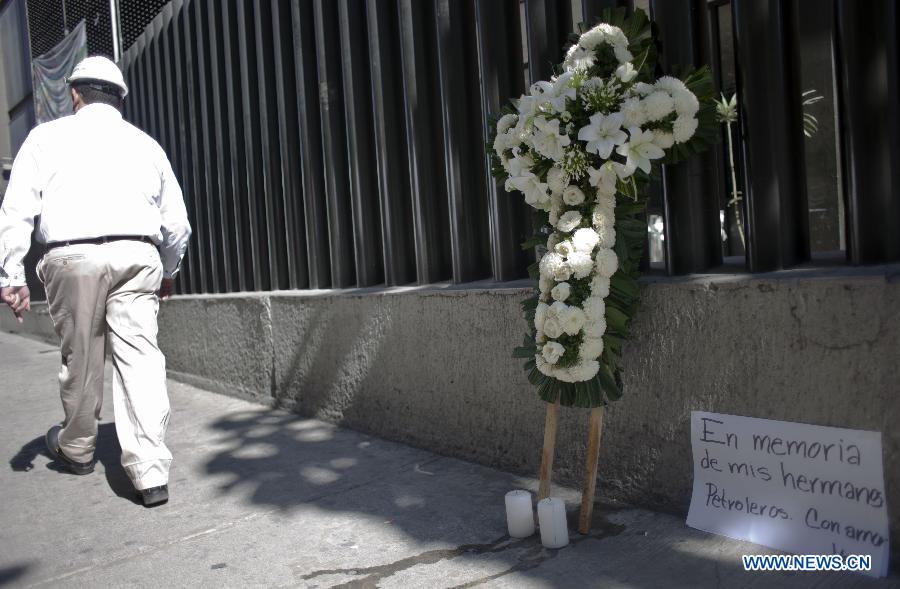
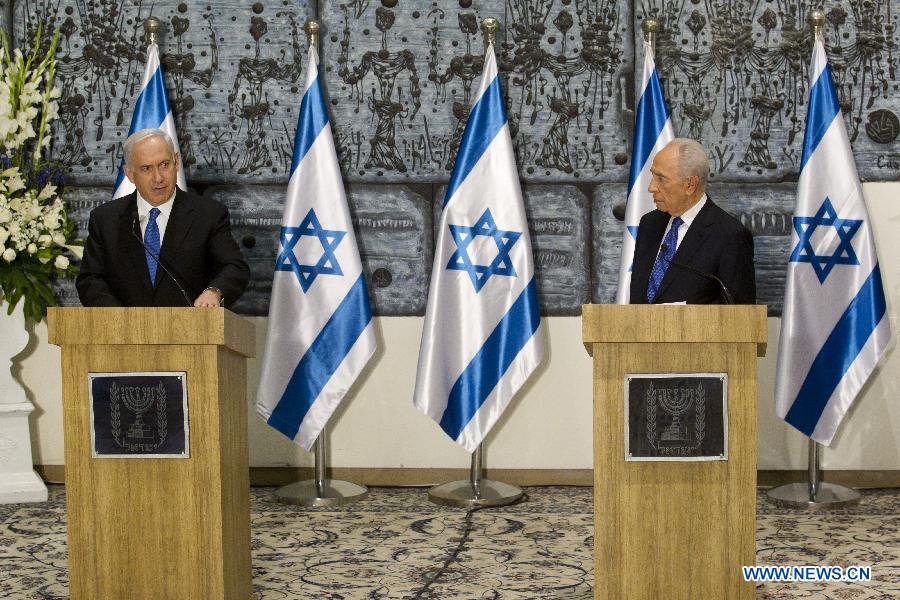
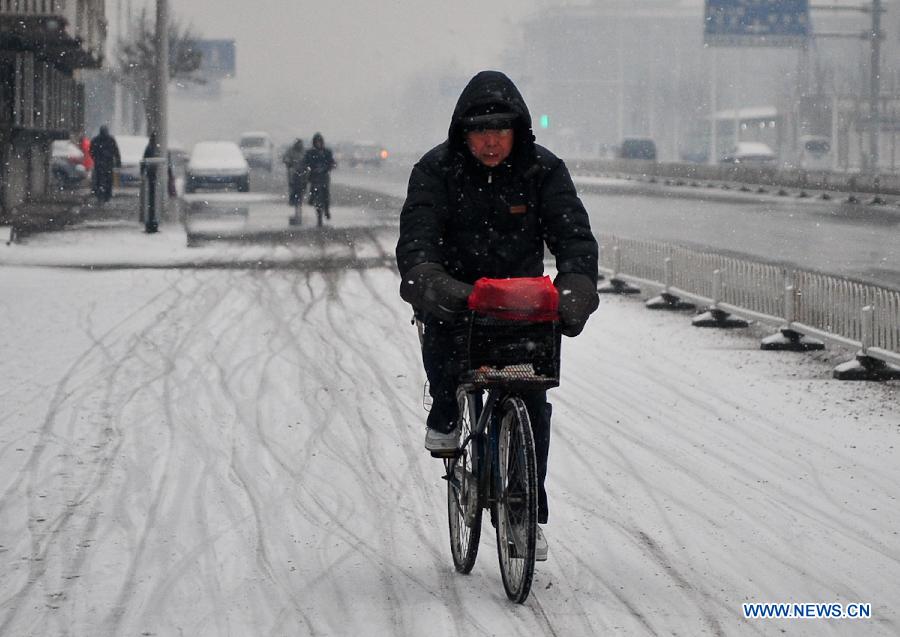
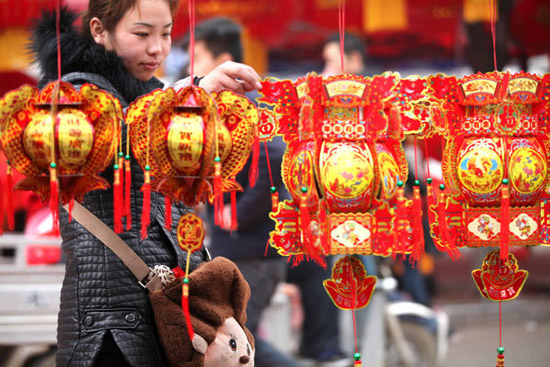
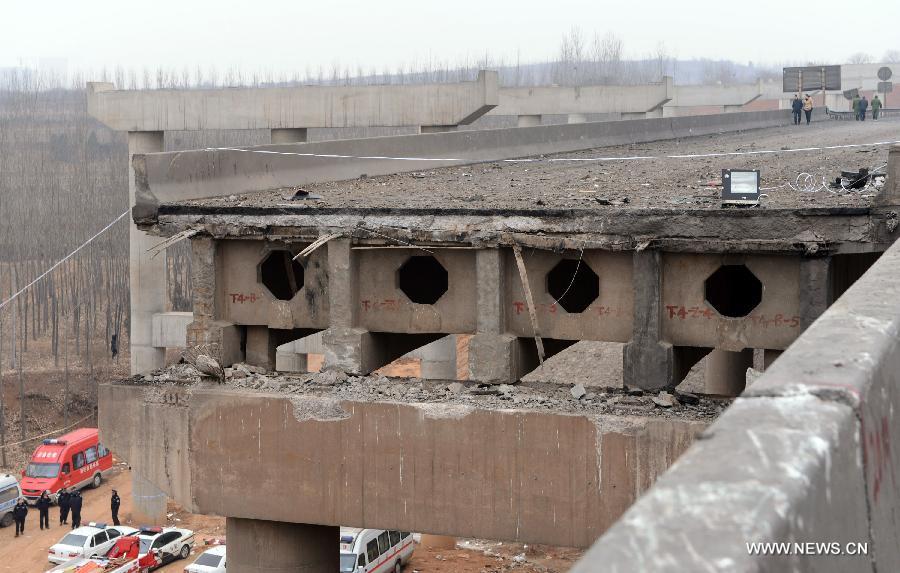


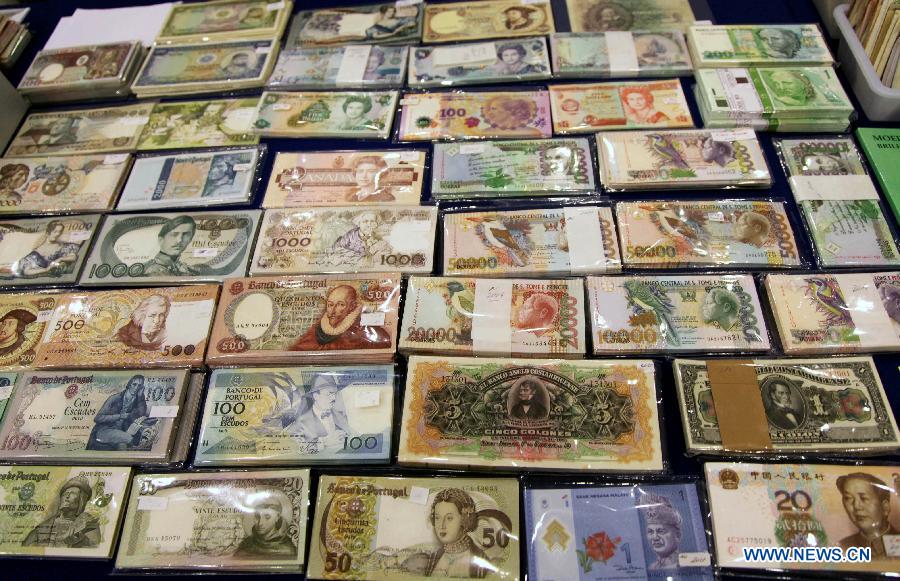







 H.K. limits visitors' buying of infant formula
H.K. limits visitors' buying of infant formula


![]()
